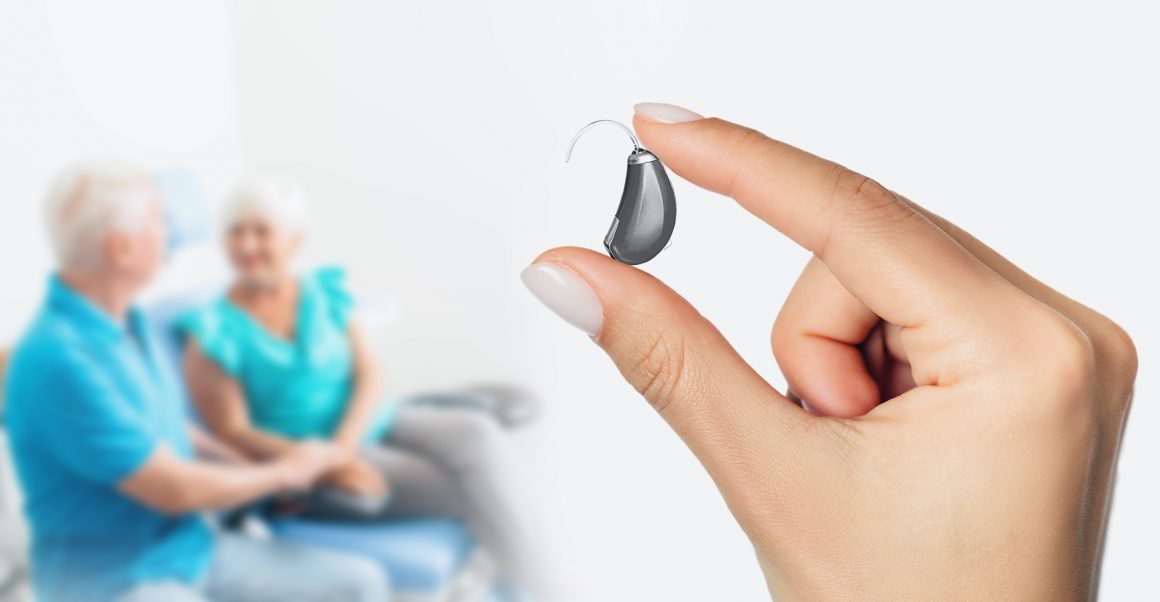Change comes with age. It’s a natural byproduct of the passage of time in our lives and the human body follows suit with other aspects of life that frequently change, be it our social life, environment or priorities.
It’s important to understand which aspects of aging are normal, so that you not only know what you’re up against and how to fight the aging process, but also to understand what may not be normal in your health and could require a discussion with your doctor.
If managed correctly, it may be possible to not only slow the aging process, but even reverse age. This is a hot topic of research, but one that still requires further understanding of the aging process before legitimate reverse aging programs and treatments are commonplace.
Do We Gain Weight with Age?
The short answer to this question is a simple yes. Everyone experiences a loss of lean muscle mass after the age of 30, with sharper declines occurring as the decades pass. This process often progresses in older adults to what is called age related sarcopenia, or the degenerative loss of skeletal muscle mass, quality and strength.
This tissue loss decreases the amount of water in your body and is coupled with an increasing amount of body fat. Fat tissue most commonly builds up toward the center of the body, including around our internal organs.
These factors drive weight gain in older adults; however, they can be fought with certain lifestyle changes from when you were younger. Regular exercise, limited alcohol intake, eat a healthy diet designed for aging populations and eliminating smoking from your routine will all prove beneficial.
Bone and Joint Health
Changes to bone with age are typically due to a loss of bone density. They may become soft or lose mass and become brittle. The latter is the condition you probably know as osteoporosis.

Reasons for bone to become less dense with age include inactive lifestyle, loss of calcium or other minerals and hormonal changes. The key thing to remember with bones is that they are living tissue. Loss of mass means that bones become weaker, putting older adults at greater risk of experiencing a break if they fall.
Joints, on the other hand, are dependent on cartilage and lubricants inside the joint called synovial fluid. As we age, the amount of fluid produced lessens and cartilage thins, causing joints to see a decrease in flexibility and increased stiffness. Regular exercise can help prevent or slow this. Movement of joints helps keep synovial fluid moving, while periods of inactivity cause cartilage to shrink and stiffen.
The Digestive System
The gastrointestinal system, and the long intestine in particular, may undergo significant changes as you age. Often times, this results in constipation for older adults. Low fiber diets, a lack of exercise and dehydration may also be causes of intestinal problems. In addition to natural changes, certain medications may also have a negative impact on gut health.
This can also be a side effect of the aforementioned loss of muscle. A series of muscle contractions is partially responsible for moving food through the digestive tract, but as we age, this process sometimes slows down. The effect is that food moves more slowly through the colon.
Gut health, as it turns out, can have significant consequences for other areas of the body such as the brain. It’s important to keep a close eye on your digestive health as conditions such as diverticulitis, acid reflux, polyps in the colon, ulcers and gastroesophageal reflux disease (GERD) all increase with age. So, remember to maintain a regular exercise schedule, eat lots of fiber and stay hydrated to help prevent these issues from developing further.
Brain Health and Cognition
We talk a lot about brain health and cognition. There are a variety of ways in which this aspect of your health can change and it’s important to know what developments regarding your brain are normal and what should raise a red flag. To learn more about normal cognitive aging, read: Age Related Cognitive Decline: What to Expect
Changing Senses
It’s not uncommon for vision and hearing ability to decline with age. The good news is, these changes have long been an area of study for researchers and as a result, there are a number hearing enhancements and visual aids on the market to help you keep up with conversations and enjoy a beautiful view the way you always have.

A loss of tastes and smells, on the other hand, is somewhat normal with age, but there is little that can be done. The issue can be exacerbated by nasal or sinus issues, certain medications and dental problems. This is important as it can lead to a loss of appetite and thus poor nutrition, depression and other health problems. If you experience this, consider talking to your doctor. While natural loss of taste and smell can’t be treated, there may be contributing factors which can be controlled.
